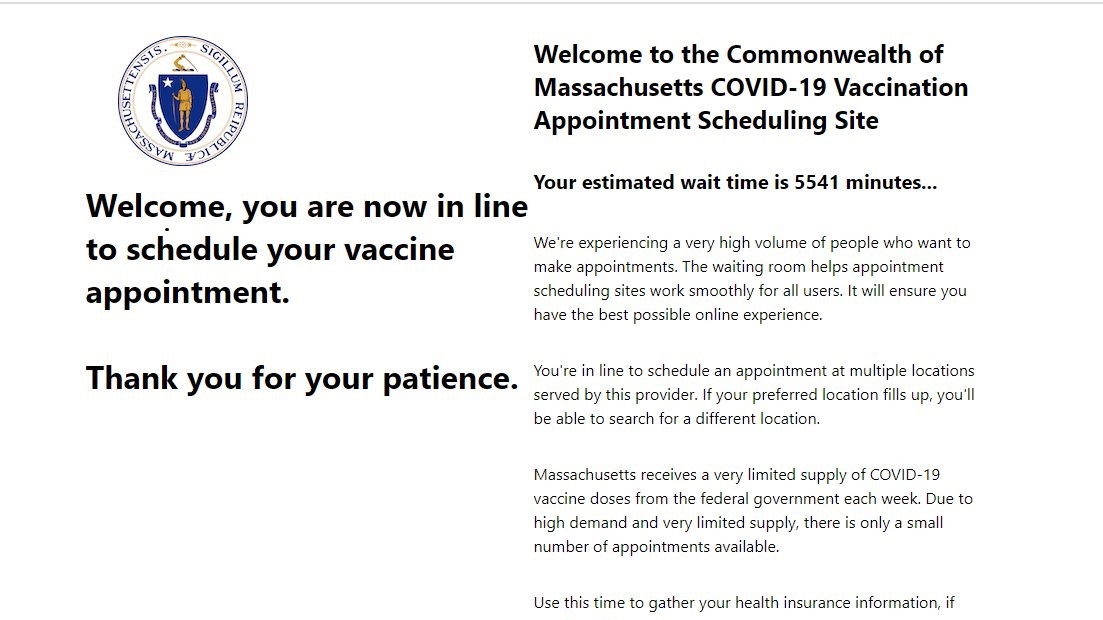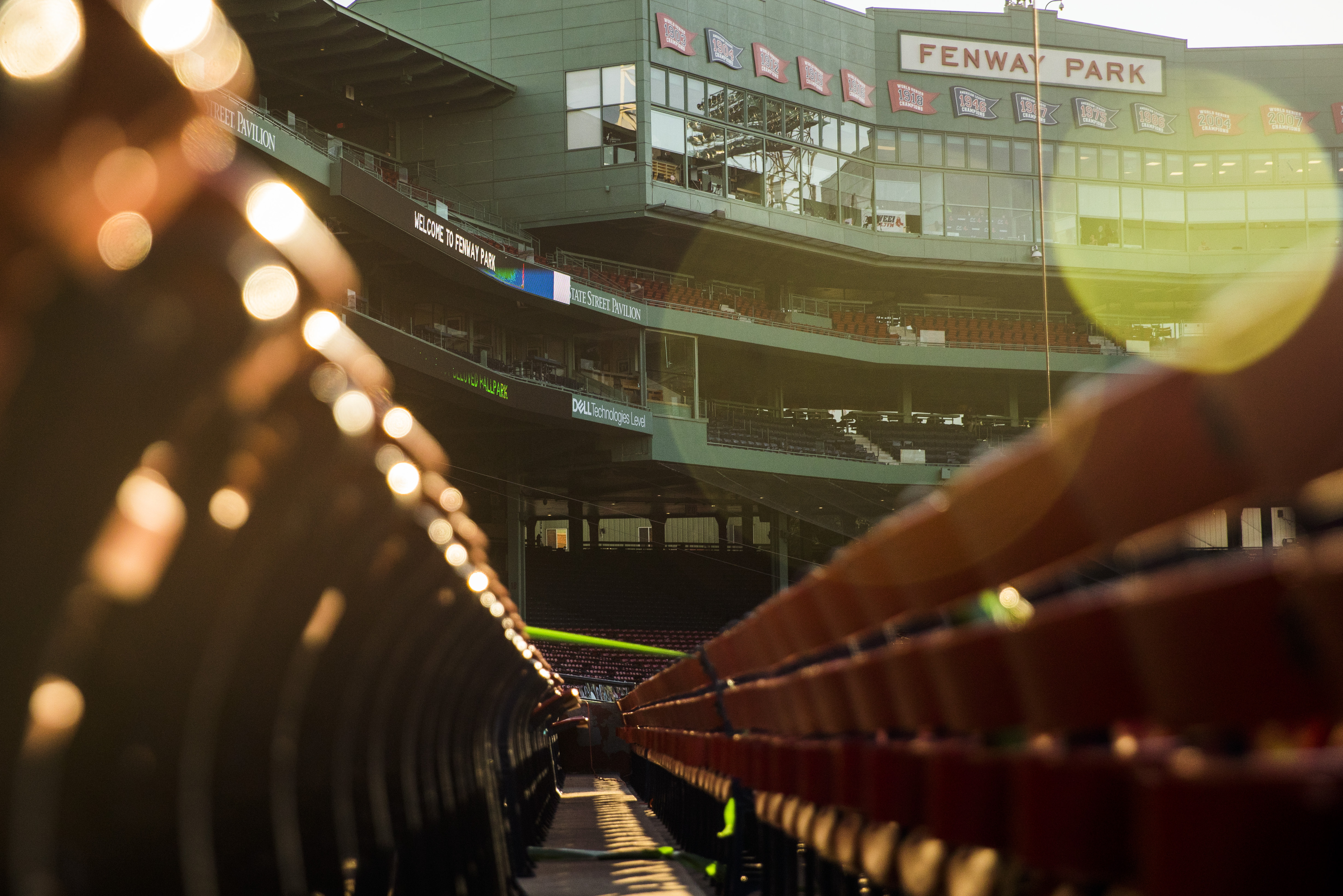From fans in sporting arenas to more patrons allowed inside restaurants at one time, Massachusetts is poised to significantly loosen COVID-19 restrictions in the coming weeks amid positive signs in the state's battle against the coronavirus.
Red Sox fans can now buy tickets to attend Opening Day on April 1 as Fenway Park will be among the sports venues slated to reopen to the public by the end of March.
WATCH ANYTIME FOR FREE
>Stream NBC10 Boston news for free, 24/7, wherever you are. |
Gov. Charlie Baker announced Thursday that the state hopes to move to the first step of Phase 4 beginning on March 22, which would allow for indoor and outdoor stadiums, arenas, and ballparks to reopen.
Get updates on what's happening in Boston to your inbox. Sign up for our >News Headlines newsletter.
The Bruins would be the first to bring fans in starting March 23. The Celtics would see fans starting March 29.
However, capacity will be capped at 12 percent, which means Fenway Park would be limited to an estimated 4,500 people, Gillette Stadium at 7,900 people, and TD Garden at 2,350.
Fenway Park is currently operating as a mass COVID-19 vaccination clinic, and its unclear whether it will continue to operate as one when baseball season gets underway.
Both are operated by CIC Health which says it’s working with the state and venues to “mitigate disruption.”
In the meantime, Massachusetts is returning to Phase 3, Step 2 of the coronavirus reopening plan on Monday, easing restrictions imposed to combat the most recent surge in the virus.
The Baker Administration released the following guidance for businesses, activities and capacities effective March 1 for all cities and towns:
- Indoor performance venues such as concert halls, theaters, and other indoor performance spaces will be allowed to reopen at 50% capacity with no more than 500 persons
- Indoor recreational activities with greater potential for contact (laser tag, roller skating, trampolines, obstacle courses) will be allowed to reopen at 50% capacity
- Capacity limits across all sectors with capacity limits will be raised to 50% and exclude employees
- Restaurants will no longer have a percent capacity limit and will be permitted to host musical performances; six-foot social distancing, limits of six people per table and 90 minute limits remain in place
Questions still remain on whether some bars and clubs will be open ahead of St. Patrick's Day on March 17.
The City of Boston already announced that it has canceled its St. Patrick's Day Parade. However, the city's licensing board will hold a meeting on Friday for all businesses in South Boston with a liquor license to discuss the holiday. Bars and clubs are still in Phase 4 of the reopening, which is not slated to take effect until March 22.
More on COVID in Mass.
Massachusetts health officials reported 1,928 new confirmed coronavirus cases and 33 more deaths on Thursday.
There have now been totals of 545,624 confirmed cases and 15,657 deaths in the state, according to the Massachusetts Department of Public Health. Another 321 deaths are considered probably linked to COVID-19.
Generally, Massachusetts' coronavirus metrics have been trending down in the past several weeks, according to the Department of Public Health's interactive coronavirus dashboard, with the average number of cases, hospitalizations and deaths peaking in the second week of January. The testing rate peaked Jan. 1.
The figures reported daily are important for tracking trends with the virus' spread, though a single-day change may not reflect a larger trend, and may reflect incomplete data.
The percentage of coronavirus tests coming back positive, on average, dropped slightly to 1.85%.
The number of patients hospitalized for COVID-19 decreased to 853. Of that number, 221 were listed as being in intensive care units and 142 were intubated, according to health officials.
The number of estimated active cases declined to 32,117 from 33,332 on Wednesday.



